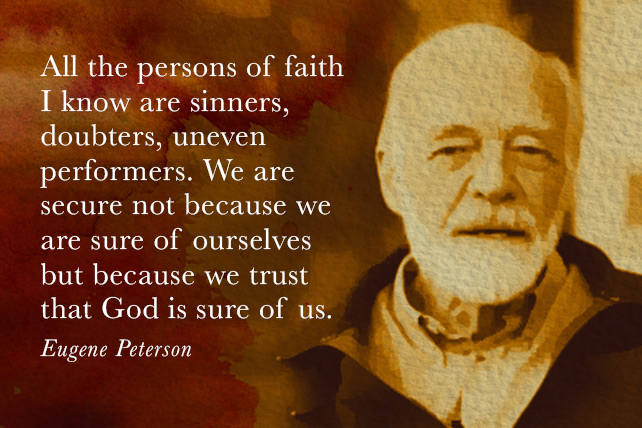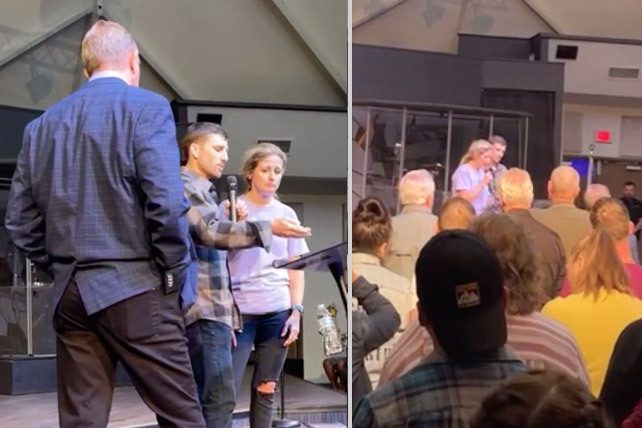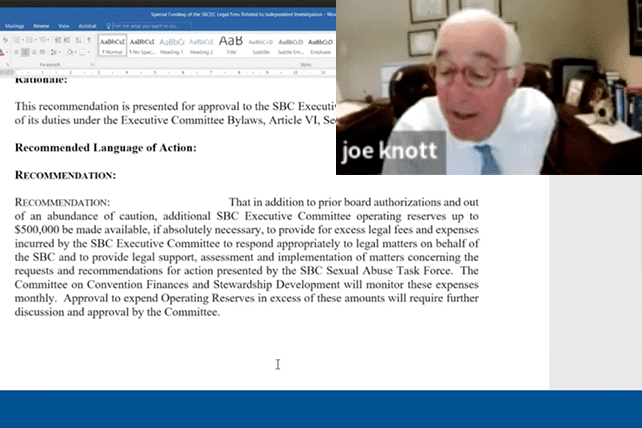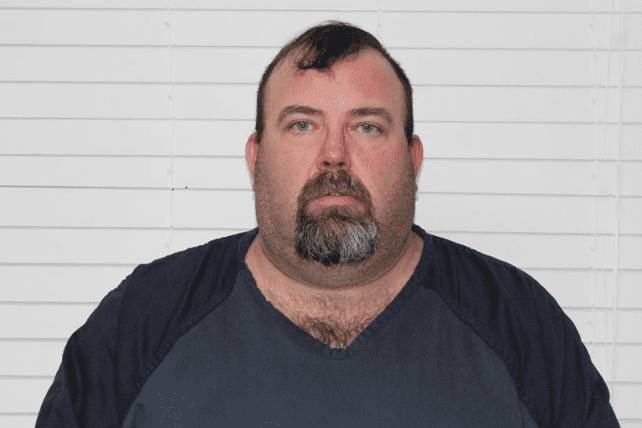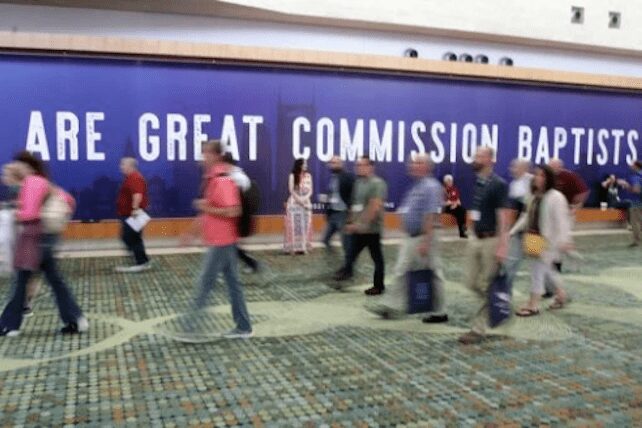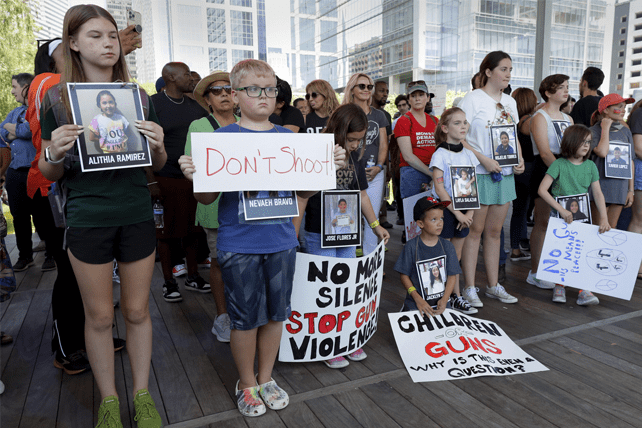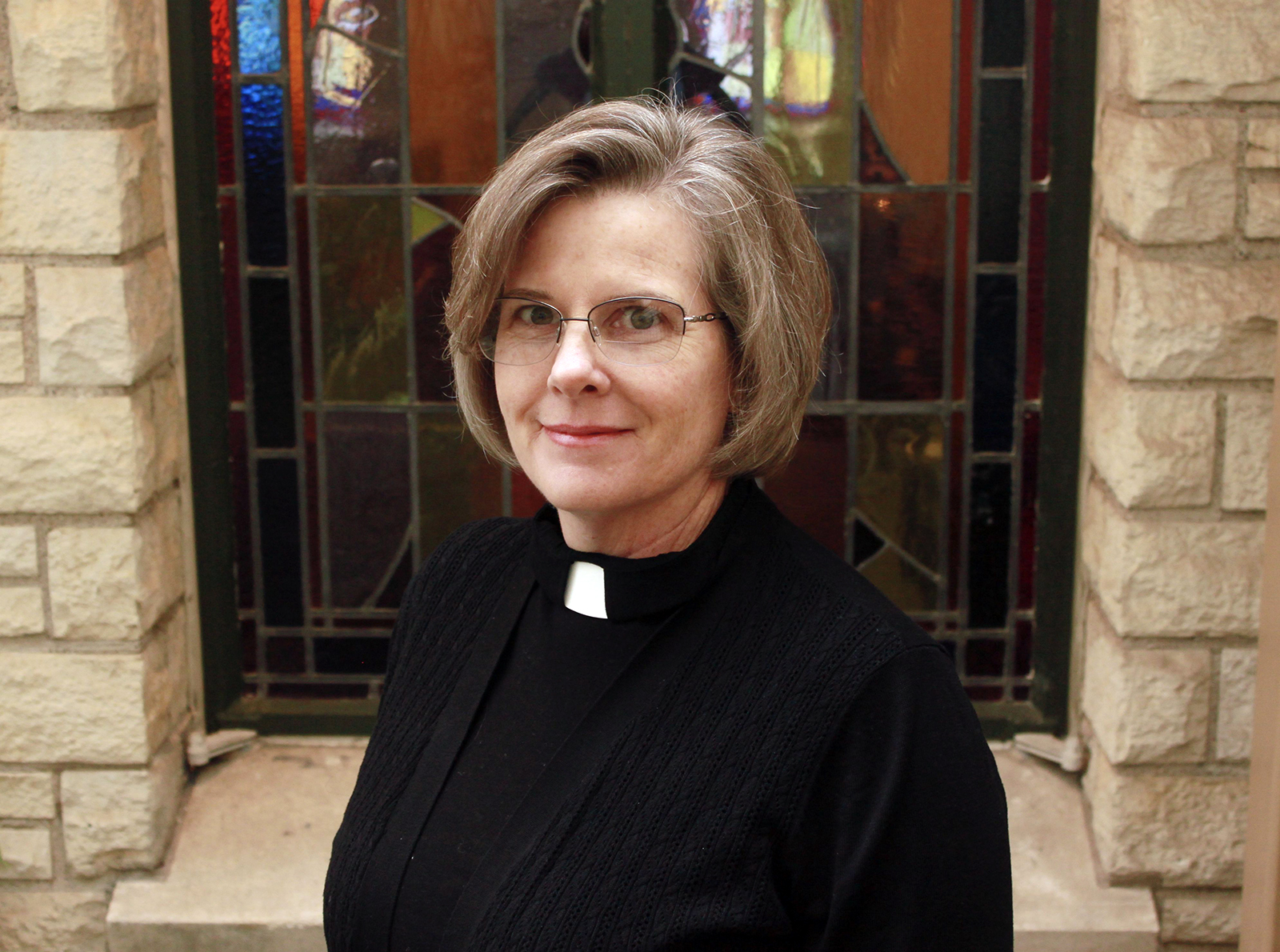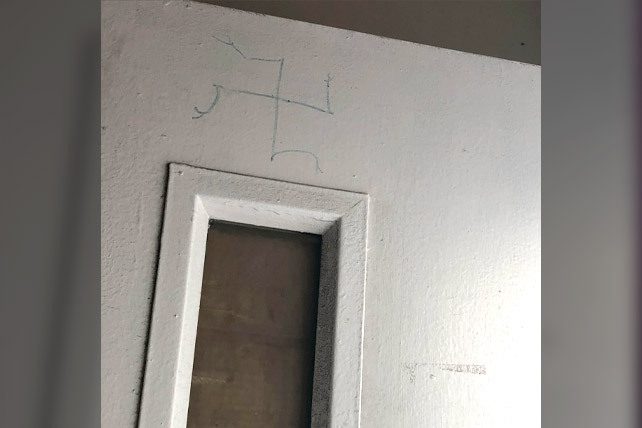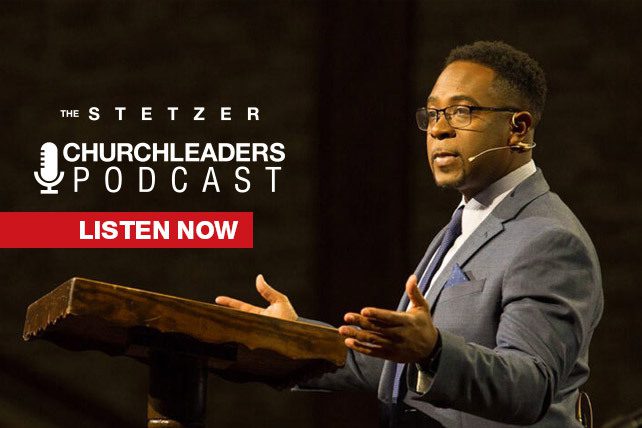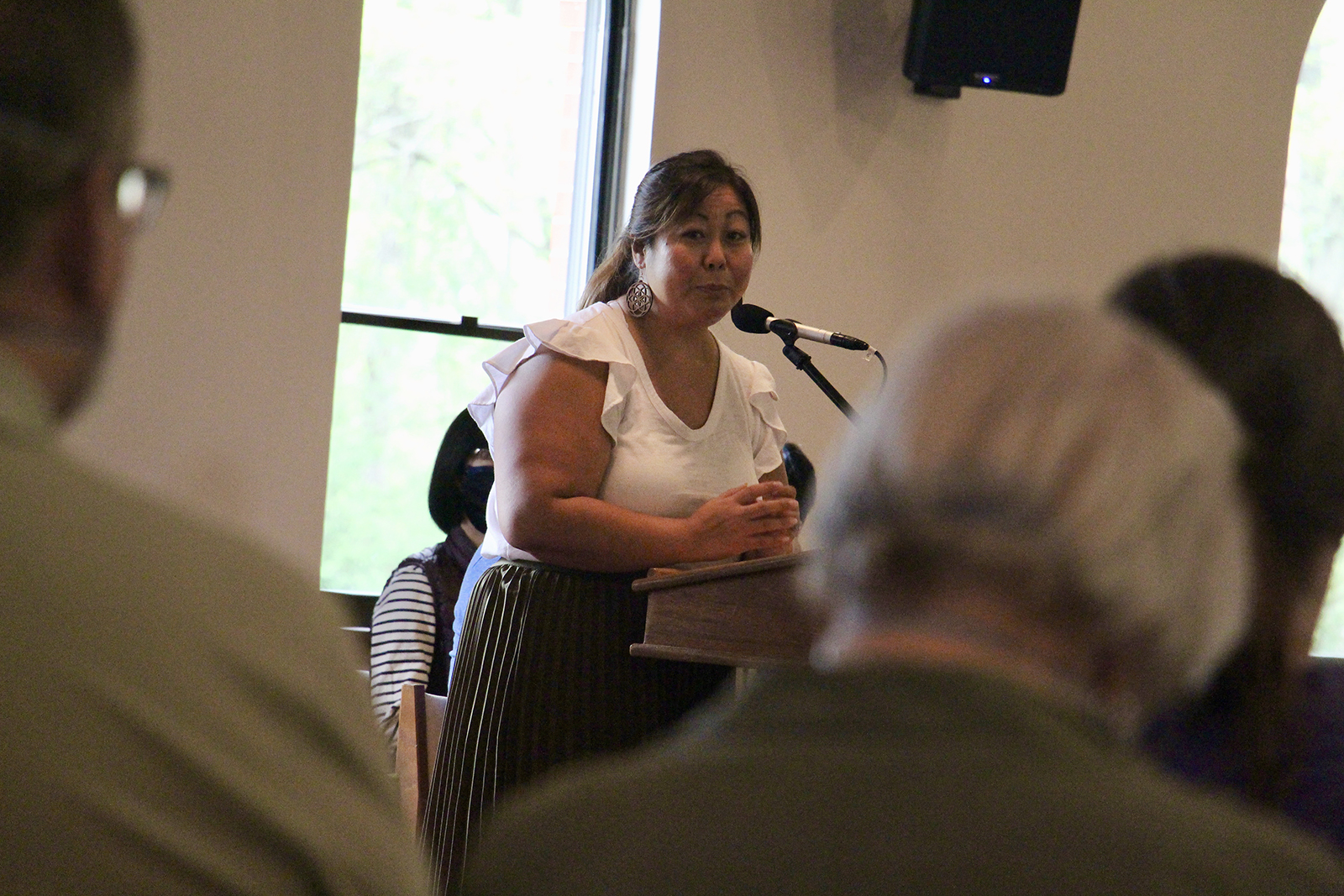Statistics show approximately 80 percent of change efforts fail. That’s a shockingly high percentage of churches and organizations that attempt to improve only to lose. Over time, the consistent failure rate gave birth to many change management techniques and processes, but even with these in place, the rate of success remains relatively unchanged. Why?
I believe the answer is primarily in verbiage.
Words matter. Is it possible that better words would lead to better change metrics? Perhaps.
We tend to interchange words, assuming they have the same, or at least similar, meaning.
This is true for change and transformation. These words are similar and directly connected, but unique in their usage and hopeful outcome. I’d love to define each term first, then discuss when each element is most valuable.
First, some definitions.
CHANGE
Change is what leaders do to make things better. Change typically focuses on past issues and present solutions. Change adjusts current actions, behaviors, and tactics. Some changes are minor, and some more significant. Most change efforts are incremental, affecting a portion of an organization, like a department. Change is vital for organizations and challenging to lead, but alone, making things better isn’t enough to ensure future success.
For example, replacing the sound system in your auditorium, adding breakfast for your volunteer teams, or swapping children’s ministry curriculum are changes. Each change carries the potential to make something better.
TRANSFORMATION
If change makes something better, transformation makes a better something. Transformation isn’t simply a more extensive change. Change makes old things better, while transformation replaces the old with the new. Transformation moves from individual behaviors to organizational beliefs, values, and culture. The scope and scale of transformation often disturb and disrupt every process and person within an organization, making transformation further reaching and more complex than change.
Change and transformation are connected, though. Every transformation requires changes, but not all changes are transformational. Transformations require an aligned accumulation of incremental changes pointed in the eventual transformation direction. This distinction is essential as leaders consider the extent of a pending improvement.
For example, on the transformation side, replacing the sound system in your auditorium is a change, but redesigning the entire worship service flow to reach the unchurched community around your church better is a transformation. Swapping children’s curriculum is a change, but moving your children’s ministry model from mostly large group experiences to a relational small group approach is transformational. These adjustments are broader in scope, take more time, and are focused on values, not just actions.
How do you know when to change or transform?
That’s a good question, and one required to be answered by all leaders who desire to remain relevant in their communities and industries. Here are a few considerations.
1. SCALE: Changes tend to be more incremental. If the adjustment is more broad in scope, a transformation effort is likely. If you need to make something better, it’s a change. If it’s time to make a better thing, you need a transformation.
2. TIMELINE: While not absolute, transformations take longer due to the broader organizational scope. Changes usually happen within a department or a portion of a team, whereas transformations often disturb every process and person in the organization.
3. FOCUS: Change aims to modify outward practices, where transformation engages inward principles.
It is only a guess, but I wonder if attempting a change when a transformation is required is the most significant contributing factor to failure? Words do matter when they change our focus and expectation.
Perhaps it’s worth considering.
How can I help?
Helping you change to do something better and transform to become something better is why I created Transformation Solutions. At Transformation Solutions, we help leaders gain traction for organizational transformation.
Go right now to mytransformationsolutions.com and sign up for a free, 30-minute conversation to decide if working together works for you.
This article originally appeared here.


